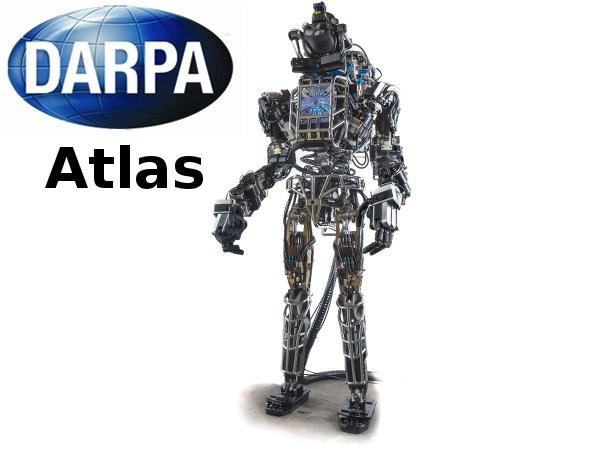'Killer Robots' Offer Both Risks & Advantages for Military Use

As Canada takes part in international talks on so-called "killer robots", documents show defence officials see risks but also military advantages to deploying deadly autonomous weapons.
The kind of artificially intelligent soldier-robot from the futuristic movie The Terminator may be a long way off, but policy analysts are grappling now with limits on the military use of robots
Records released under the Access to Information Act show officials at Foreign Affairs and National Defence are keeping an open mind as they carve out a Canadian position on the controversial systems, in spite of growing calls for a pre-emptive global ban.
Lethal autonomous weapons systems (LAWS) are not currently in use, but could eventually have the ability to select, target and engage in deadly attacks without human intervention.
Censored emails, reports and briefing papers released were prepared last spring when the first United Nations meeting was convened on the issue. One 17-page report outlines the Defence Department's "initial thinking" on the military, strategic, diplomatic and ethical implications, flagging moral questions but also potential benefits.
While Canada is not currently developing any lethal fully autonomous weapons systems it has an active research program on unmanned systems that informs policy on the opportunities and threats the technologies could pose.
Walter Dorn, a professor at the Royal Military College of Canada, has urged limits to ensure there is always an element of human decision-making in carrying out lethal force. No matter how advanced the technology, there is always the potential for glitches and malfunctions with technology that could harm soldiers or civilians.
"There is potential for great utility and great danger," he said.
In 2014, US Secretary of Defence Chuck Hagel, (left), is briefed by Brad Tousley on the Defence Advanced Research Projects Agency's ATLAS robot at the Pentagon. DARPA says Atlas is one of the most advanced humanoid robots ever built
But an international coalition of human rights activists, academics and security experts called the Campaign to Stop Killer Robots says that because technology is advancing so rapidly, world leaders must adopt a treaty to ban the weapons. Alex Neve, secretary general of Amnesty International Canada, said lethal weapons without human control, whether they're used for policing or military purposes, would violate international humanitarian law.
"Allowing robots to have power over life and death decisions crosses a fundamental moral line: the killing of humans by machines is an ultimate indignity in a certain sense, and humans should not be reduced to mere objects," he said.
The Defence Department documents point out countries like China and Russia that are "rapidly moving toward developing unmanned and autonomous systems," and that changes could revolutionize modern warfare.
CBC:

























